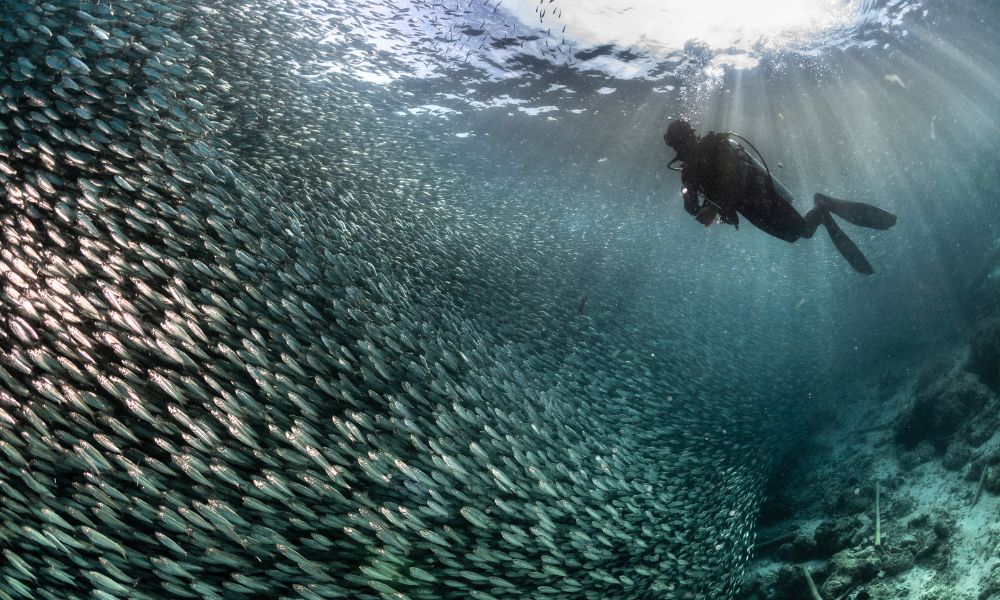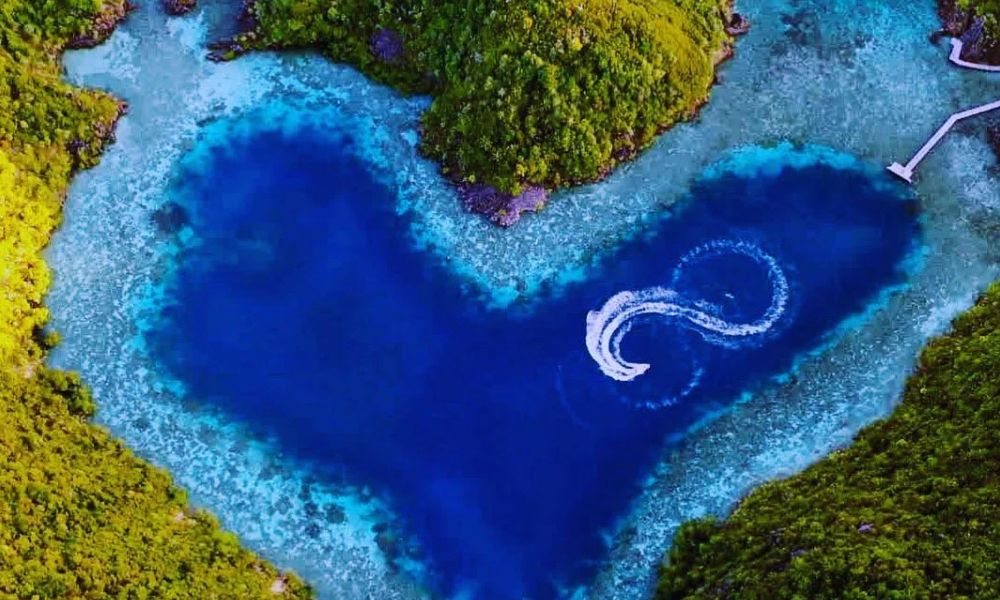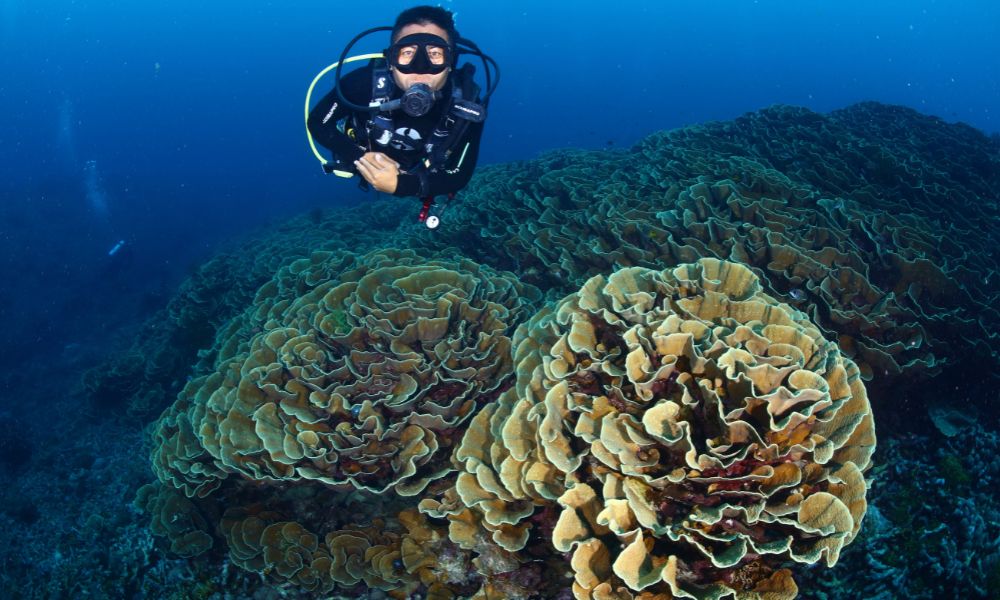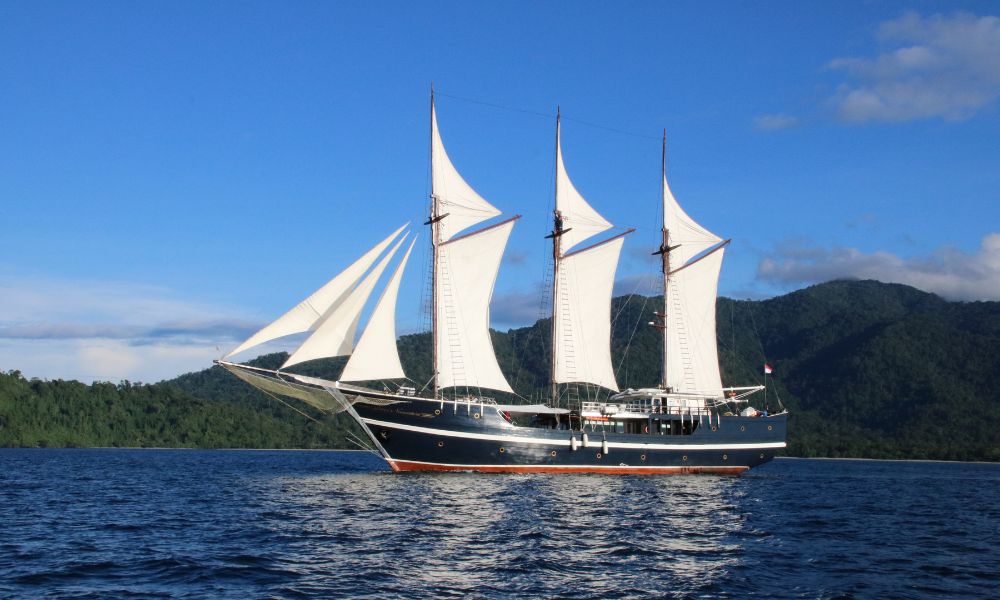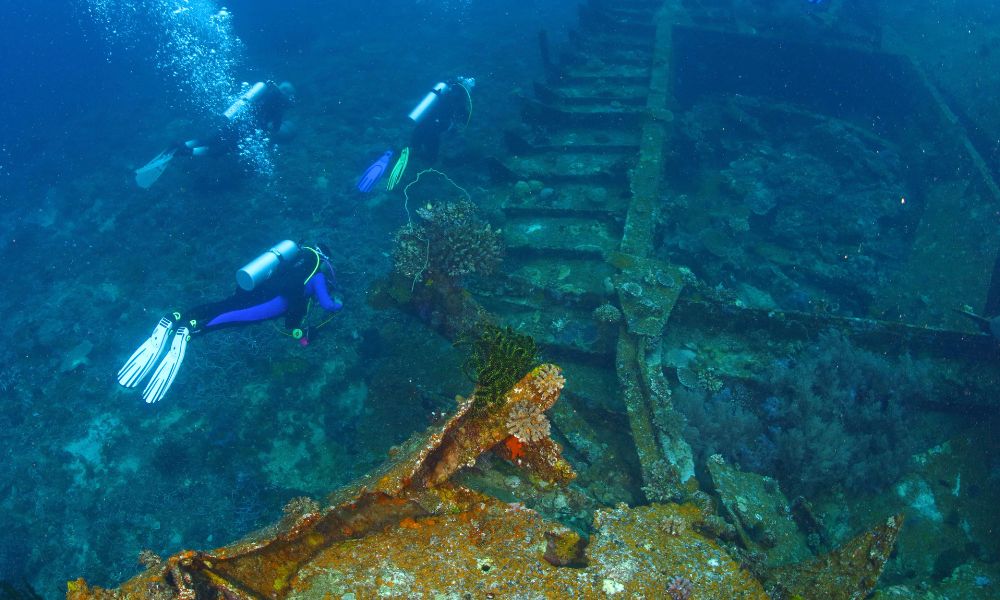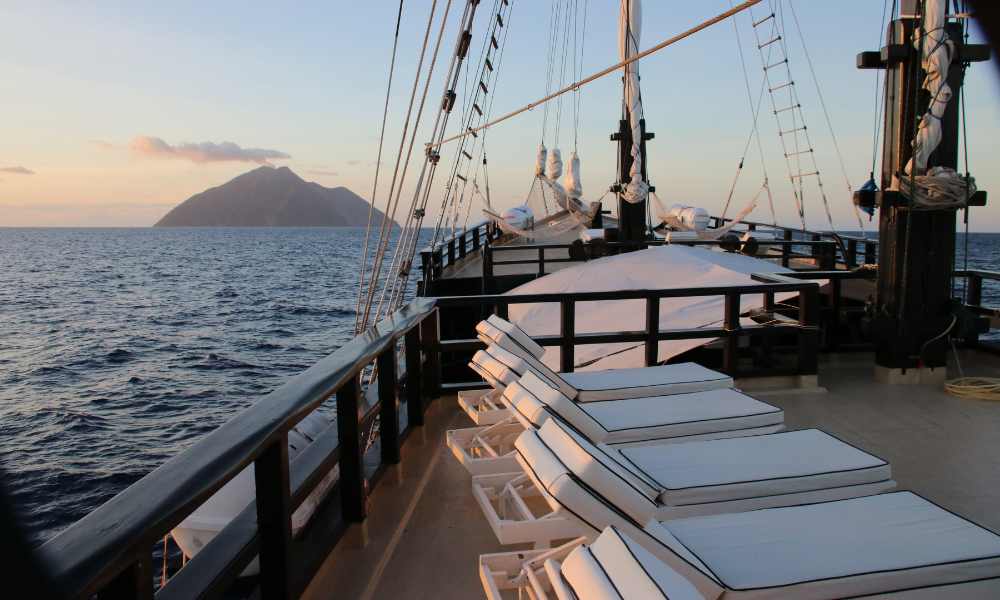Air consumption plays an integral role in dives. The better your air consumption, the longer you can remain underwater. The Banda Sea and the Forgotten Islands are home to rich, vibrant reefs with plenty to see and explore. Improving your air consumption maximizes your dives and allows you to really take in all that the Banda Sea and Forgotten Islands offer below the surface. Improve your air consumption while diving with these four easy tricks and make the most of your time exploring underwater oases.
Neutral Buoyancy Control
Buoyancy control affects your dive depths. Improving your neutral buoyancy control allows you to consistently maintain depths without constantly adjusting or exerting a lot of energy. The key to neutral buoyancy involves investing in quality buoyancy compensator devices (BCDs), proper breathwork, and adequate weights.
A quality BCD gives you more control over inflation and deflation, allowing you to adjust your buoyancy more accurately. You can precisely add or release air from the device. Proper breathwork allows you to adjust air inflation and deflation in your body. The more control you have over your breathing, the greater your buoyancy management. Weights counteract the upward force of buoyancy, allowing you to stay low with minimal fight. Maintaining neutral buoyancy means less physical exertion because you aren’t constantly moving around or fighting to stay down, which, in turn, means less air consumption.
Reduce Your Diving Weight
Although weights can help with buoyancy control, too much weight can hinder your air consumption. Moving more than just your body weight requires a lot of energy and physical strength. Excessive weights make swimming around harder, quickening your breath so that your body can circulate enough energy. Reducing your diving weight to a more manageable limit decreases the amount of air you need and use.
Some factors that might be affecting your diving weight—aside from additionally applied weights—include your wetsuit, flippers, and any diving accessories. Take unnecessary weight loads off yourself when you dive to decrease your energy and breath consumption.
Slow and Deepen Breaths
Your air consumption relates directly to your breathing. Every time you breathe, you use air. Slow and deep breaths consume less air than multiple, fast, shallow breaths. The prior breathing technique gives you more control, reducing the amount of breaths you must take and maximizing the air you use. Slow and deep breaths allow you to use every bit of air possible.
Relax and Enjoy the Underwater View
When you are tense, stressed, and anxious, you breathe faster and shallower. Being in a panic state kicks in your natural fight-or-flight responses. As your body prepares to fight or flee, it consumes more air to provide your muscles with the circulation necessary to act.
Relaxing and enjoying the underwater view keeps your fight-or-flight reactions at bay, giving you more control over your breath and air consumption. The Dewi Nusantara’s Banda Sea diving liveaboard takes you to the best dive spots around the Forgotten Islands—remote areas with flourishing coral wildernesses and marine life. With so many great sights to see and explore, it’s easier to remain relaxed while diving in the Banda Sea.
Expand your time underwater and maximize your dives by improving your air consumption with these four easy-diving tricks. Don’t miss out on the beautiful wonders of the Indonesian waters by running low on air quickly.


